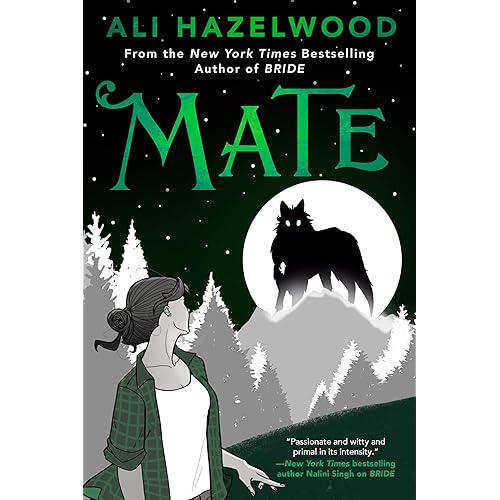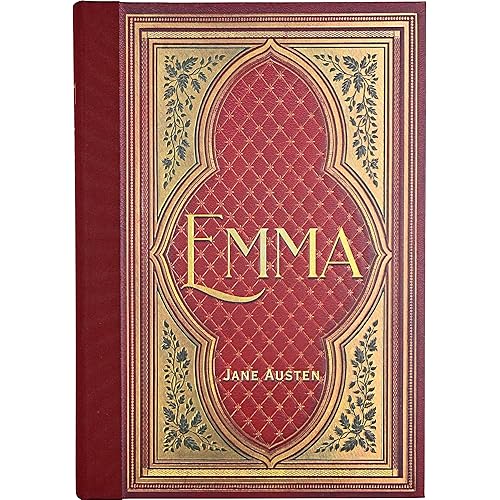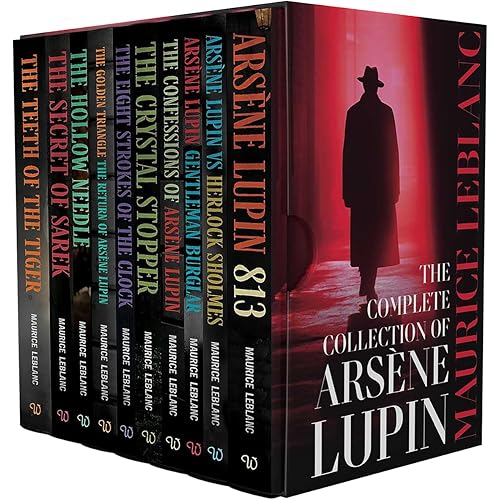

Buy Now, Pay Later
- – 4-month term
- – No impact on credit
- – Instant approval decision
- – Secure and straightforward checkout
Ready to go? Add this product to your cart and select a plan during checkout.
Payment plans are offered through our trusted finance partners Klarna, Affirm, Afterpay, Apple Pay, and PayTomorrow. No-credit-needed leasing options through Acima may also be available at checkout.
Learn more about financing & leasing here.
Selected Option
This item is eligible for return within 30 days of receipt
To qualify for a full refund, items must be returned in their original, unused condition. If an item is returned in a used, damaged, or materially different state, you may be granted a partial refund.
To initiate a return, please visit our Returns Center.
View our full returns policy here.
Format: Paperback
Description
The acclaimed Nobel Prize winner challenges our most fiercely held beliefs as she weaves folklore and history, memory and myth into an unforgettable meditation on race, religion, gender, and a far-off past that is ever present—in prose that soars with the rhythms, grandeur, and tragic arc of an epic poem.“They shoot the white girl first. With the rest they can take their time.” So begins Toni Morrison’s Paradise, which opens with a horrifying scene of mass violence and chronicles its genesis in an all-black small town in rural Oklahoma. Founded by the descendants of freed slaves and survivors in exodus from a hostile world, the patriarchal community of Ruby is built on righteousness, rigidly enforced moral law, and fear. But seventeen miles away, another group of exiles has gathered in a promised land of their own. And it is upon these women in flight from death and despair that nine male citizens of Ruby will lay their pain, their terror, and their murderous rage.“A fascinating story, wonderfully detailed. . . . The town is the stage for a profound and provocative debate.” —Los Angeles Times Read more
Publisher : Vintage; Reprint edition (March 11, 2014)
Language : English
Paperback : 336 pages
ISBN-10 : 0804169888
ISBN-13 : 82
Item Weight : 9.1 ounces
Dimensions : 5.2 x 0.7 x 8 inches
Best Sellers Rank: #27,445 in Books (See Top 100 in Books) #79 in Black & African American Historical Fiction (Books) #532 in Black & African American Women's Fiction (Books) #2,622 in Literary Fiction (Books)
#79 in Black & African American Historical Fiction (Books):
#532 in Black & African American Women's Fiction (Books):
Frequently asked questions
To initiate a return, please visit our Returns Center.
View our full returns policy here.
- Klarna Financing
- Affirm Pay in 4
- Affirm Financing
- Afterpay Financing
- PayTomorrow Financing
- Financing through Apple Pay
Learn more about financing & leasing here.


















